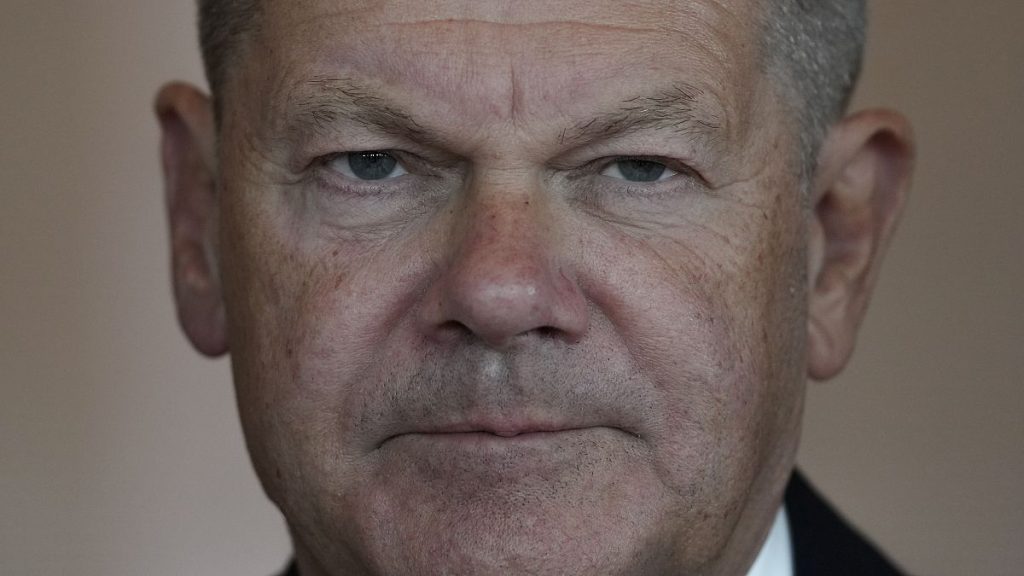This week’s edition of State of the Union covers several key events, including the fallout of regional elections in Germany, Hungary’s refusal to pay a fine imposed by the EU, and Mongolia’s decision not to arrest Vladimir Putin. In Hungary, the government ignored a deadline to pay a €200 million fine for violating EU asylum laws dating back to 2020. Meanwhile, in Germany, a hard-right party emerged as the strongest force in a state election for the first time since World War II. German Chancellor Olaf Scholz’s attempts to address immigration issues did not prevent the far-right from making gains in the elections. Austria also announced plans for direct deportations to Afghanistan and Syria in cooperation with Germany.
The rise of right-wing extremist parties in regional elections in Germany has raised concerns about potential policy shifts by the government. Rafael Loss, a policy fellow at the European Council on Foreign Relations, pointed out that the success of these parties could lead to a shift in policy focus away from issues like Ukraine and energy transformation. However, he also noted that the results in East Germany, while symbolic, are important because they highlight the need for other parties to respond to far-right rhetoric and initiatives. Chancellor Scholz’s call for other parties to unite against the hard right to prevent them from gaining power could be a potential strategy moving forward.
Putin’s visit to Mongolia, a country rarely in the news, made headlines for the country’s decision not to arrest him despite an ICC arrest warrant for alleged war crimes in connection with the invasion of Ukraine by Russia. While Mongolia is bound by treaty to detain suspects, they chose to welcome Putin with an honour guard dressed in uniforms reminiscent of a 13th-century ruler. The refusal to arrest Putin has led to calls from Ukraine and the EU for Mongolia to fulfil its obligations under the Rome Statute, but these calls have so far gone unanswered. The situation has sparked debate and criticism from various parties regarding Mongolia’s decision.
Despite facing backlash over his handling of immigration issues and the rise of far-right parties in regional elections, Chancellor Scholz continues to face challenges leading up to federal elections next year. Concerns about his political survival have been raised, particularly if the upcoming state election in Brandenburg yields similar results to those in Saxony and Thuringia. While Scholz has shown political stamina in the past, the fragmented political spectrum in Germany presents challenges for centrist parties like his own. The need for effective cooperation and response to the far-right’s initiatives remains a crucial issue for the government.
In the midst of these challenges and controversies, the European Union continues to navigate complex relationships with member states and global partners. Hungary’s defiance of an EU fine, Germany’s struggles with the rise of far-right parties, and Mongolia’s diplomatic decision regarding Putin’s visit all reflect broader tensions within the international community. As these events unfold, the EU and its member states are tasked with finding ways to address domestic and international challenges while upholding democratic values and obligations under international treaties. The outcomes of these situations will undoubtedly shape the future political landscape in Europe and beyond.


